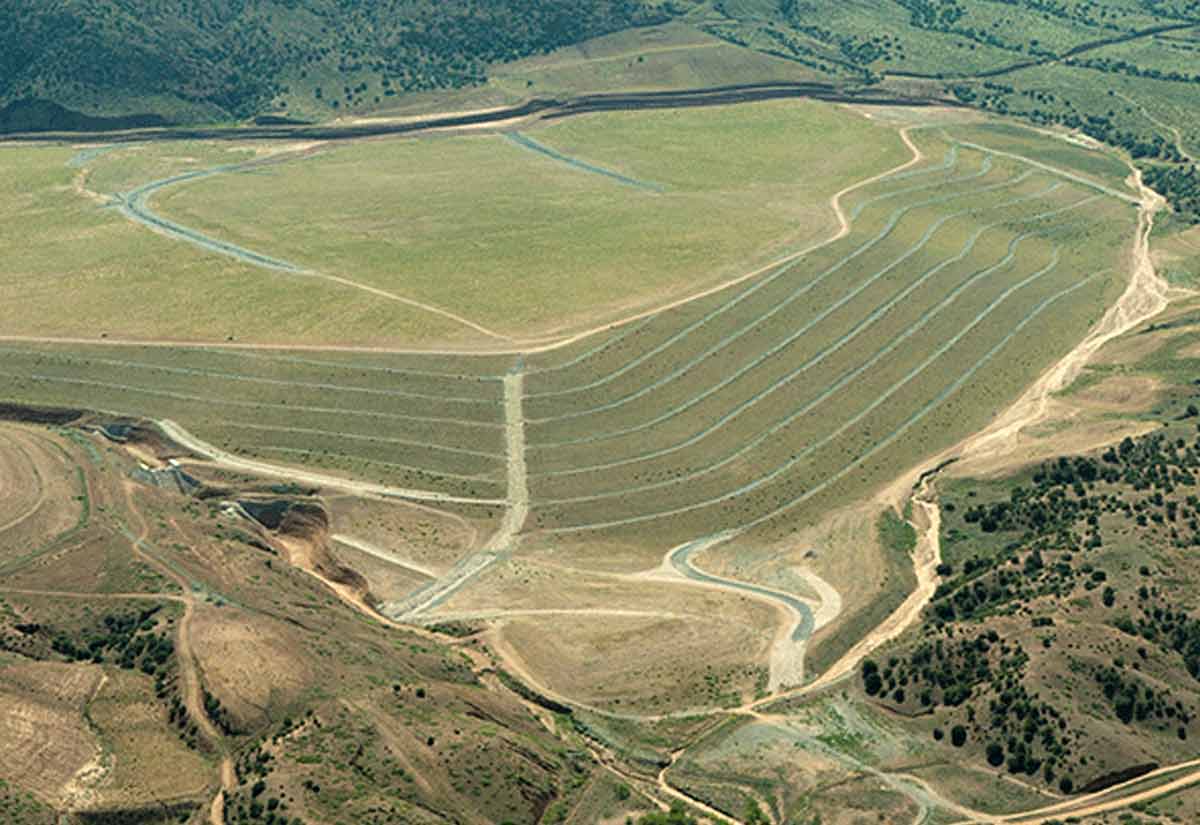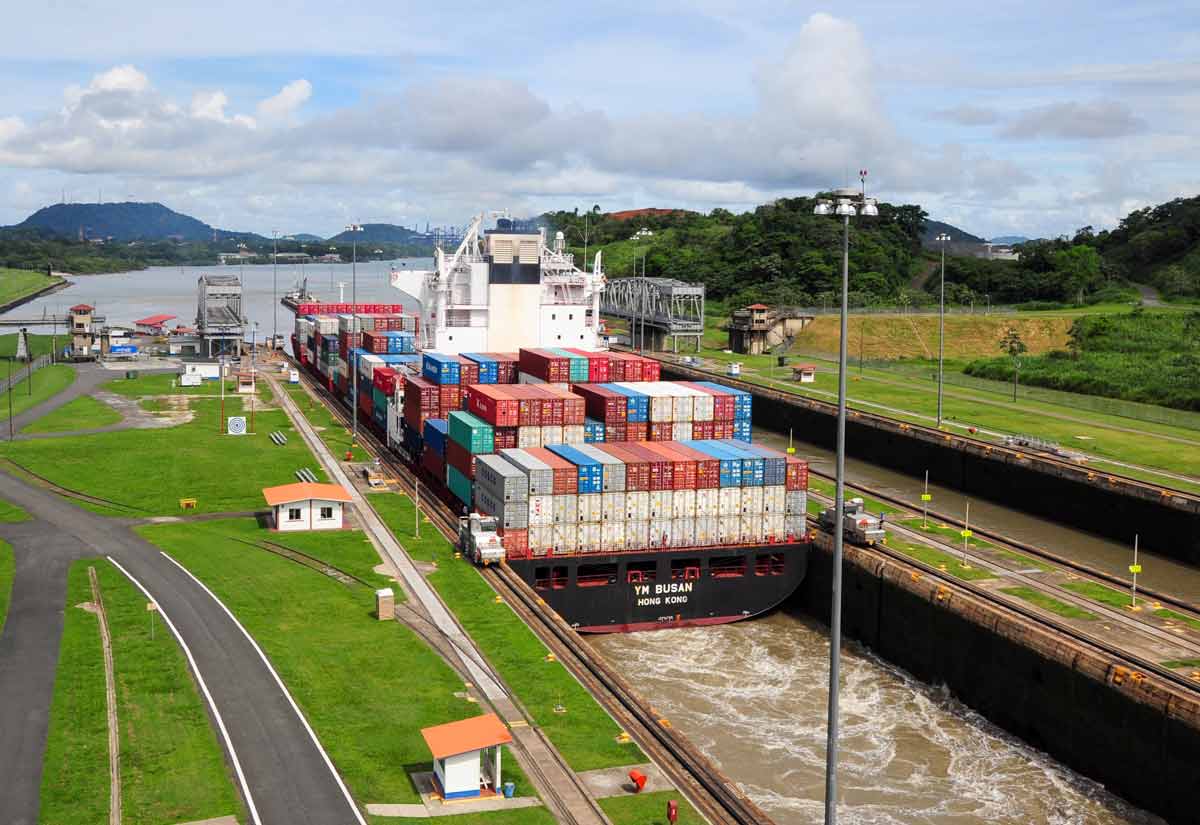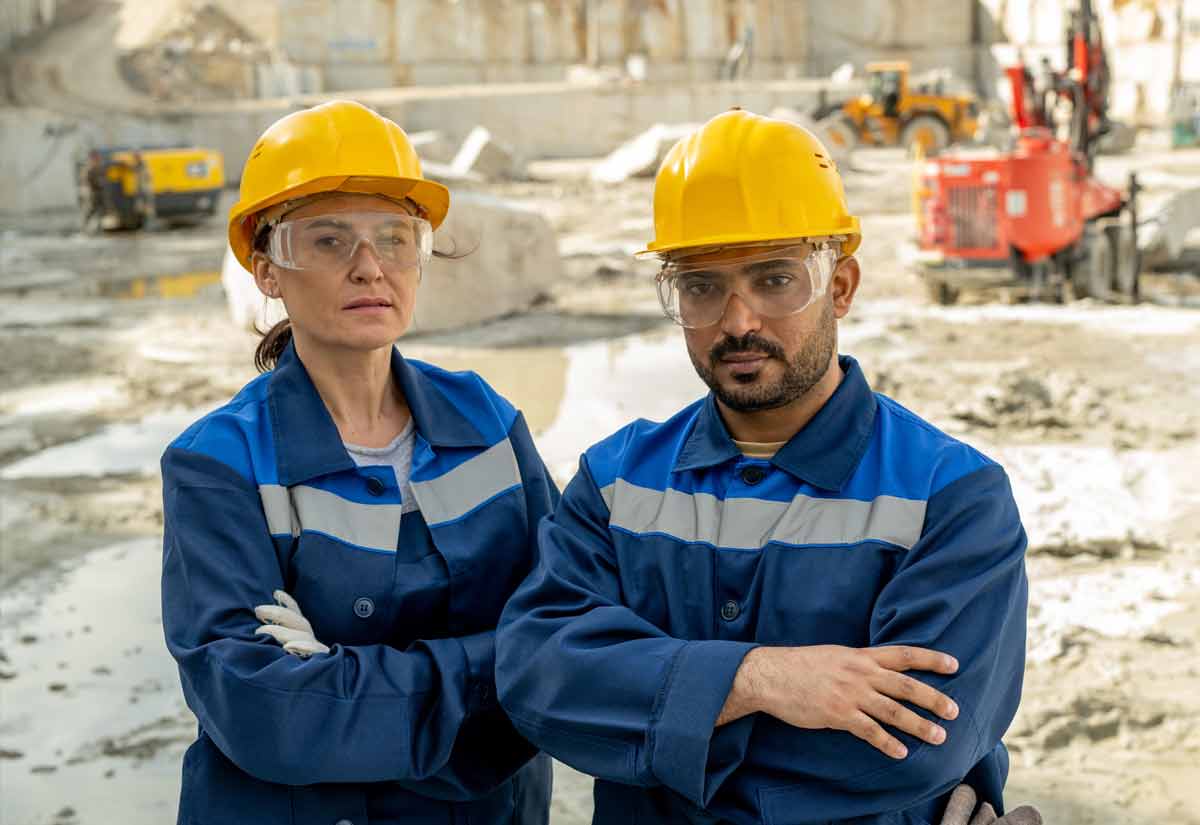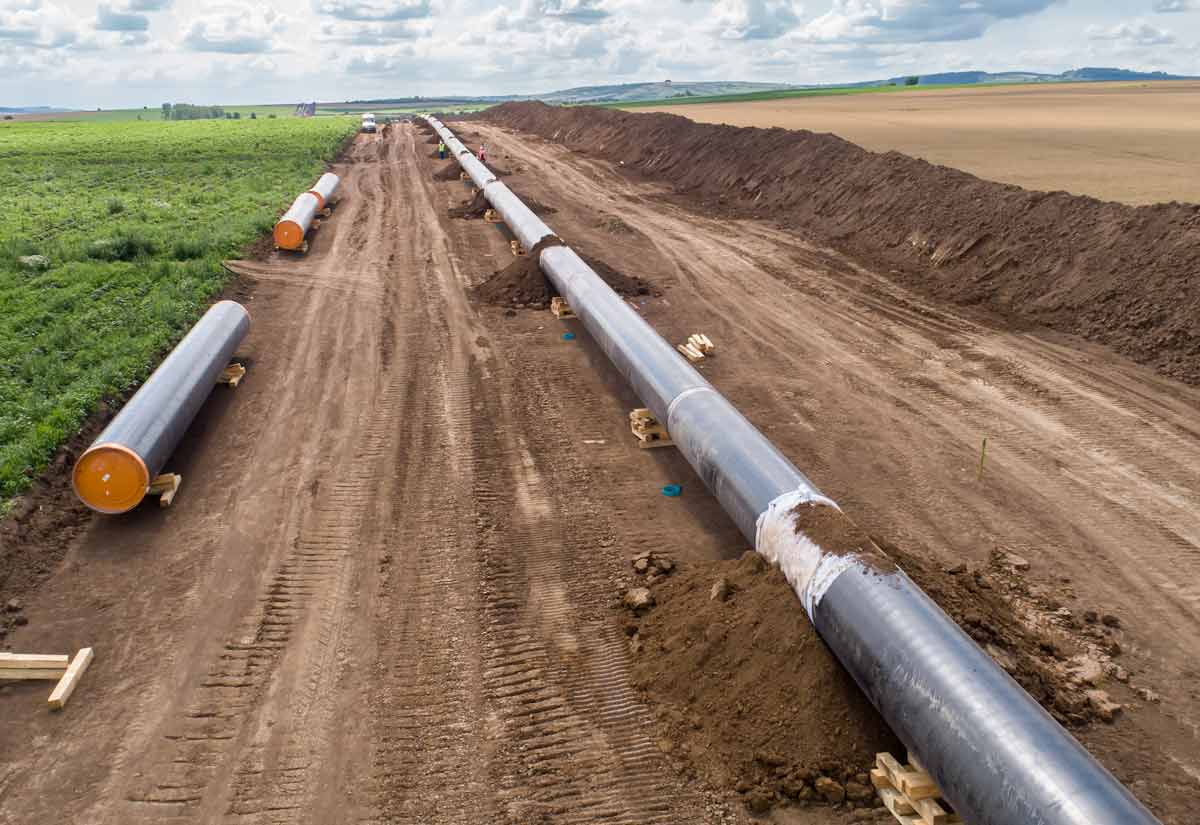Reversing the Productivity Decline in the Construction Industry
The sector of infrastructure construction is facing a challenging trend of rising costs combined with a decline in productivity, lagging behind other industries such as agriculture and manufacturing which were quicker to adopt new production-boosting technologies as part of a general 21st Century digital transformation.
The E&C (engineering and construction) industry as a whole has been among the last to adopt digital transformation. According to the Global Industry Council, the time is now for digital transformation in the industry which generates $10 trillion or approximately 6% of global GDP.
According to this informative report at For Construction Pros.com, the quality of infrastructure construction work is “far from leading edge compared to other projects being constructed around the world.”
The US is the world leader in infrastructure projects currently underway with a host of target projects for the near future. Globally, the industry faces a $36 billion funding gap. According to the report, construction industry investment in new technology can boost productivity enough to reduce that funding gap by approximately 50 percent to $20 trillion.
As we’ll see the digital transformation brings immense benefits to the construction industry, but the transition also brings with it some unique challenges for those who wish to remain competitive. While productivity is a prime factor, new contractual requirements assume that advanced software solutions are being competently deployed.
As “smart technology” is increasingly adopted, the bar is raised for all phases of any project. A new level of software supported accuracy and precision is expected for estimates, bidding, accounting, and WIP reporting to satisfy surety requirements.
In fact, 3D design and modeling, automation, and GPS technology are all expected to be used now to deliver projects which meet or exceed the highly demanding specifications which can land lucrative bonuses when benchmarks are met on time and on budget.
Longer Lifecycles For Projects Required
Among the toughest specs to meet are those of the IRI, the International Roughness Index, the quality requirements which road-building contractors must meet to claim the bonuses which are frequently necessary to turn a profit on a project.
For road projects involving government agencies, surface smoothness and rideability improvements result in roads which last significantly longer and require fewer repairs. Meeting these new standards requires much more precision.
To meet these demanding specifications, data flow has to extend from the survey crew to engineers to the machine operators. The ability to transfer data points directly to paving machines produces exactly what’s required for the project. As quality standards have risen so too has the requirement for material estimate tolerances.
To offer a competitive bid, exact tolerances and volumes of material required have to be established and the minimum amount of concrete used to deliver the project. Smart technology is the solution for accurate measurement and control of the dirt rock base preparation to ensure that the exact amount of material needed can be determined.
With the smart technology in place, the infrastructure construction industry faces just one more challenge to achieving full and profitable digital transformation.
Building Digital Talent
The Global Industry Council invited some of the world’s leading contractors to participate on the board including Bechtel, Chiyoda, Lendlease, and TAV. This council of industry leaders made observations and recommendations for achieving digital transformation in the C&E sector including building digital talent.
The council noted that many organizations lack teams of IT experts but also the broader range of tech-savvy personnel needed in the field. Investing in robust training to impart the digital skill set required for the existing workforce can alleviate apprehension which many will see as a disruptive cultural and technical change. Recruiters can prioritize digital skills for new hires as well.
Once the digital transformation has been implemented, a set of metrics can be used to evaluate the ROI of the new technologies to establish the real value they provide for the company. At the professional level, E&C companies can provide these solutions in-house, but to address the workforce labor shortage, equipment manufacturers and intelligent machine control developers will need to take the leading role.
Tech-Savvy Machine Operators
While technology could be an obstacle to those pursuing a construction career, it can also be an incentive as the industry provides more high-tech career opportunities. New plug and play, user-friendly technology and machine control interfaces which parody today’s video games can help attract younger candidates.
Equipment manufacturers and developers will have to take the lead to steer machine operation technology along these lines in order to attract a young tech-savvy talent pool and unleash the full potential of digital transformation for infrastructure construction.
About Resource Erectors
We specialize in connecting the top professional talent with the top companies in the civil construction, manufacturing, mineral processing, and mining industries. We can help your company build the highly qualified team it needs to succeed in the competitive age of digital transformation, as well as matching you with the best professionals at all levels of management.
If you’re a talented professional ready to make a career move, we can match you with the best companies in North America. So don’t hesitate to contact us.











